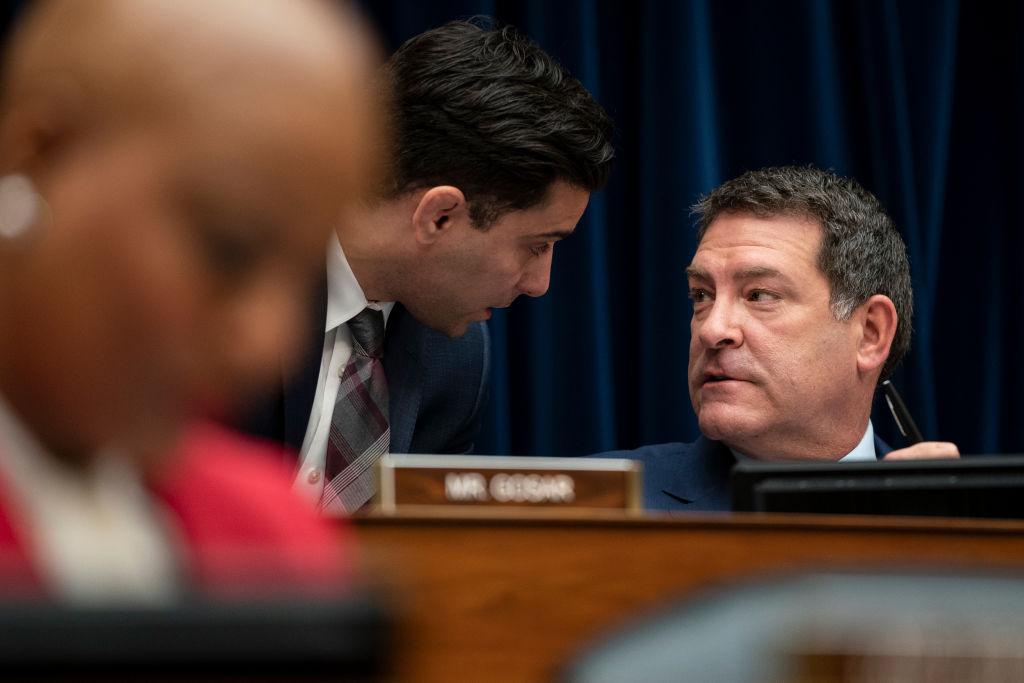Rep. Mark Green (R-Tenn.) is set to introduce a bill to help companies move their manufacturing from China to the United States as momentum builds for the country to “decouple” from the Chinese regime as a result of the pandemic.
Green told The Epoch Times that his forthcoming bill would allow firms to deduct the entire cost of capital spending associated with relocating from China—known as “immediate expensing”—to lure companies to move to the United States. The bill would pay for this with money collected from U.S. tariffs on Chinese imports, he proposed.





